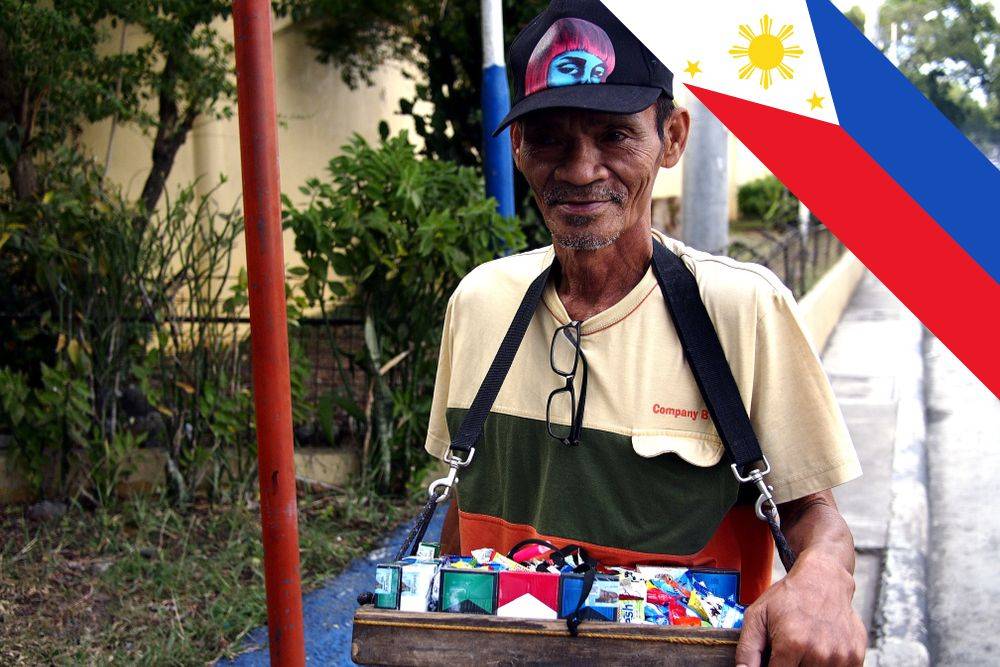In a landmark ruling, the Supreme Court has affirmed the authority of the Food and Drug Administration (FDA) to regulate tobacco products.
This includes heated and novel products like vapes. The decision has been hailed as a victory for public health, particularly for its potential to mitigate the harmful effects of tobacco consumption in the Philippines.
HealthJustice Advocates for FDA Jurisdiction
HealthJustice, an organisation dedicated to bridging the gap between health and law, has lauded the Supreme Court’s decision. Jaime Galvez Tan, a board member of HealthJustice and former Secretary of Health, expressed his support. He stated, “The Supreme Court decision is a landmark triumph in our battle to reduce tobacco consumption and its deadly consequences to Filipinos, especially the youth.” Tan highlighted the ruling empowers the Department of Health (DOH) and the FDA to protect public health without impediments.
The Impact of Tobacco Consumption
Tobacco use remains a critical public health issue in the Philippines, causing over 110,000 deaths annually. The economic repercussions are staggering. The country incurs more than PHP 215 billion in yearly losses due to healthcare costs and reduced productivity. The regulation of tobacco products, including newer alternatives like e-cigarettes and heated tobacco products, is seen as an essential step in addressing this health crisis.
Legal Challenges and Supreme Court Ruling
The journey to the Supreme Court’s ruling was fraught with legal battles. The Philippine Tobacco Institute, Inc. (PTI) initially challenged the DOH and FDA’s regulatory efforts. They argued that the Inter-Agency Committee Tobacco (IACT) held exclusive authority over all aspects of tobacco regulation, including health. In 2020, the Regional Trial Court (RTC) of Las Piñas ruled in favour of the PTI, declaring the DOH and FDA’s regulations void.
However, the Supreme Court (SC) reversed this decision on 13 July 2021, affirming the FDA’s jurisdiction over the health aspects of tobacco products.The Republic Act No. 9711 empowers the FDA to ensure the safety, efficacy, and quality of health products, including tobacco. On July 2024, the SC further solidified its stance by rejecting motions for reconsideration filed by the PTI and Albay First District Representative Edcel Lagman.
Public Health Implications
The Supreme Court’s ruling is a critical step towards stronger regulation of tobacco products in the Philippines. By confirming the FDA’s role, the decision provides a clear legal framework for regulating both traditional and modern tobacco products, such as vapes. This framework is essential for implementing measures to protect public health, particularly among vulnerable populations like the youth. As they are increasingly targeted by tobacco marketing strategies, which is evident in social media. The youth are currently subjected to aggressive marketing strategies regarding vapes.
Conclusion: A Victory for Public Health
The affirmation of the FDA’s regulatory authority marks a significant victory for public health advocates and the Filipino people. It removes any ambiguity regarding the FDA and DOH’s roles in protecting public health from the harms of tobacco. HealthJustice’s Jaime Galvez Tan also noted that the decision paves the way for policies to reduce tobacco consumption.
Therefore, the government’s commitment to safeguarding public health through stringent regulation of tobacco products is clear. With the Supreme Court’s backing, the FDA and DOH are better positioned to combat the tobacco industry’s influence and ensure that halth protection remains a priority. This ruling not only upholds the rule of law but also underscores the importance of public health over commercial interests.
Have a pressing question for a doctor? Medical Channel Asia has launched a community forum page where you can get questions answered by a medical specialist. Visit the community forum here.
